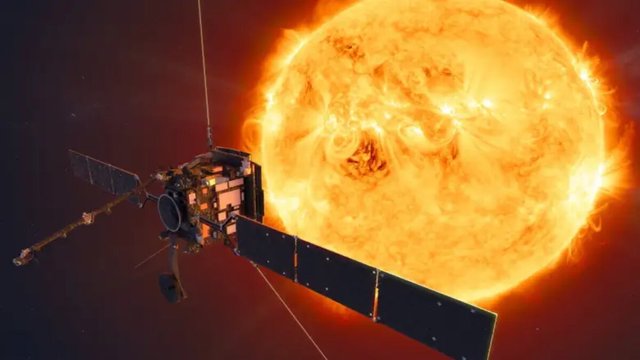After Chandrayan-3, India's next space mission is going to shock the world!

Aditya L1 is India's next space mission, which is scheduled to launch in 2023. It is a solar mission that will study the Sun's atmosphere and its effects on Earth. The mission is named after Aditya, the Hindu god of the Sun.
Aditya L1 will be placed in a halo orbit around the Sun-Earth Lagrange point 1 (L1), which is a point in space where the gravitational pull of the Sun and Earth are equal. This orbit will allow the spacecraft to stay in a fixed position relative to the Sun, while Earth rotates around it.
The spacecraft will be equipped with a number of instruments to study the Sun, including:
• A coronagraph, which will block out the light from the Sun's disk so that the corona, or outer atmosphere, can be studied.
• A spectrograph, which will split the light from the Sun into its component wavelengths, allowing scientists to study the composition of the Sun's atmosphere.
• A magnetometer, which will measure the Sun's magnetic field.
• A particle detector, which will measure the particles from the Sun that reach Earth.
Aditya L1 is a complex and ambitious mission, but it has the potential to make significant advances in our understanding of the Sun and its effects on Earth. The mission is expected to last for five years.
Here are some of the benefits of Aditya L1:
• It will help us to better understand the Sun's activity and its effects on Earth's climate.
•It will help us to develop better ways to predict solar storms and other space weather events.
•It will help us to develop new technologies for solar power generation and other applications.
Aditya L1 is a major undertaking for India's space program, but it is a mission that has the potential to make a significant impact on our understanding of the Sun and its effects on Earth.
The Sun as the next destination for explorations sounds like a logical next choice for this space agency.